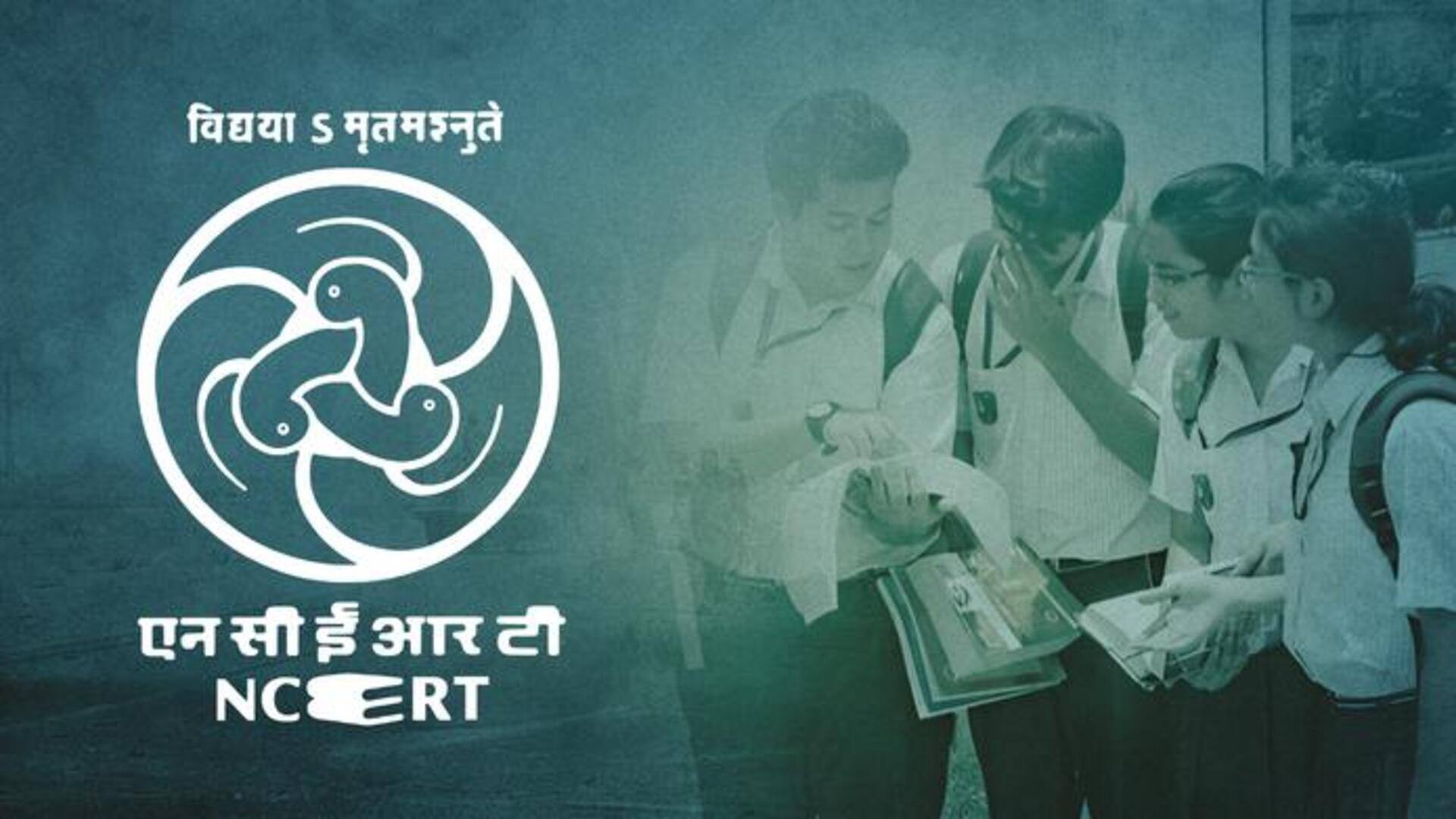
NCERT forms 35-member panel for social science syllabus development
What's the story
The National Council of Educational Research and Training (NCERT) has constituted a 35-member committee to create syllabi and instructional materials for social science subjects for Classes 6 to 12. The subjects under consideration include geography, history, political science, sociology, and psychology. The "Curricular Area Group (CAG): Social Science" will submit "Handbooks for Teachers" to the National Syllabus and Teaching-Learning Material Committee (NSTC) and the NCERT by February 25, 2024.
Context
Why does this story matter?
This development comes amid the NCERT's revision of the school curriculum in accordance with the National Education Policy (NEP) 2020. The NCERT has already published the National Curriculum Framework (NCF) for school education, which serves as the foundation for the NCSTC's ongoing work on finalizing textbook content. The new syllabi and teaching-learning materials will incorporate the changes and upgrades introduced by the NEP 2020, ensuring a comprehensive and modern educational experience for students.
Details
Coordination with other CAGs and integration across disciplines
To ensure consistency through Classes 3 to 5, interdisciplinary links among subjects, and the incorporation of cross-cutting themes in social science, the CAG team will collaborate with the Preparatory Stage CAG and other relevant CAGs. In a notification, the NCERT stated that both Social Science and Economics CAGs will share drafts of material prepared with each other. Notably, the 35-member panel would involve experts/teachers as special invitees in specific areas.
What Next?
Committee members from various fields
Michel Danino—a visiting professor at IIT-Gandhinagar—will chair the Social Science CAG. Members include Sanjeev Sanyal, member of the Economic Advisory Council to the prime minister, Banabina Brahma, associate professor at Kokrajhar Government College, and MD Srinivas, chairman of Centre for Policy Studies, Chennai. Mazhar Asif and Heeraman Tiwari from Jawaharlal Nehru University, Javaid Iqbal Bhat from the University of Kashmir, and Commodore Dr. Odakkal Johnson (Retd.), a former director of Maritime History Society, among others, are also part of it.
Bharat
About other developments, NEP 2020
Among other developments, an NCERT panel last month reportedly recommended replacing the term "India" with "Bharat" in textbooks. Moreover, in June this year, the NCERT scrapped Charles Darwin's theory of evolution and the periodic table from high school syllabus. Notably, the New Education Policy (NEP) was adopted in July 2020. It states that all higher education institutions shall aim to become multidisciplinary institutions by 2040, and each shall aim to have over 3,000 students.